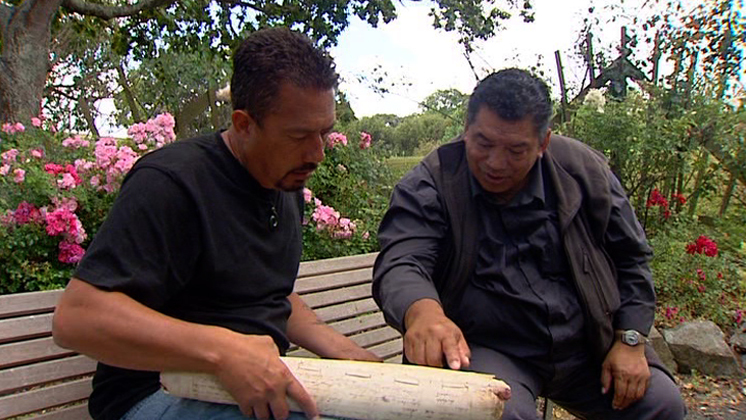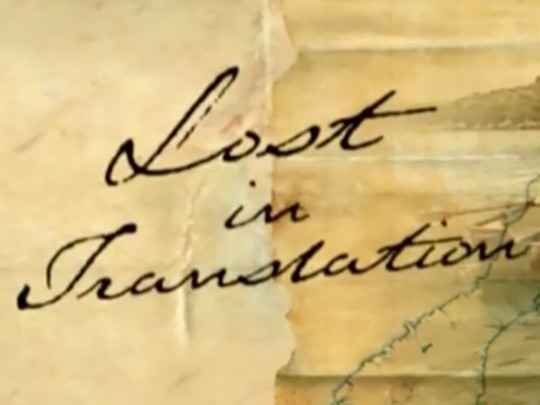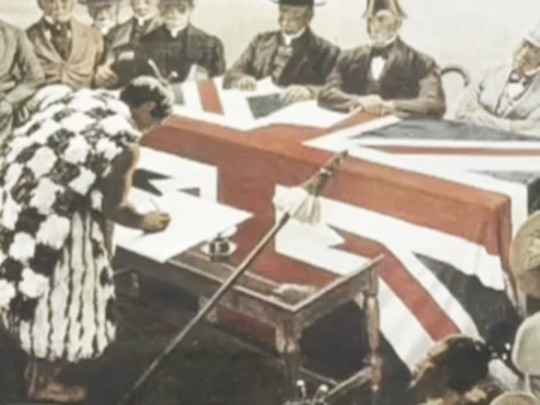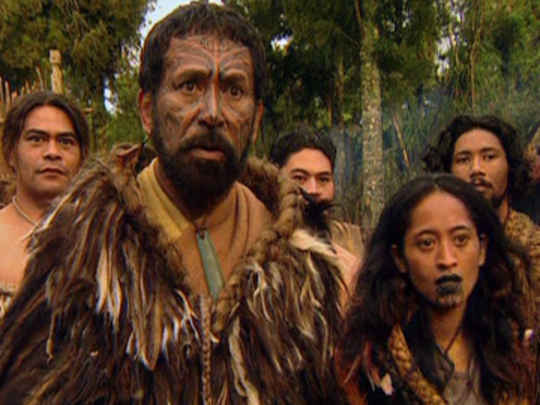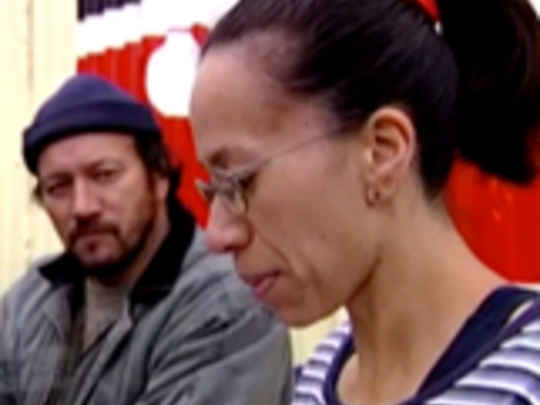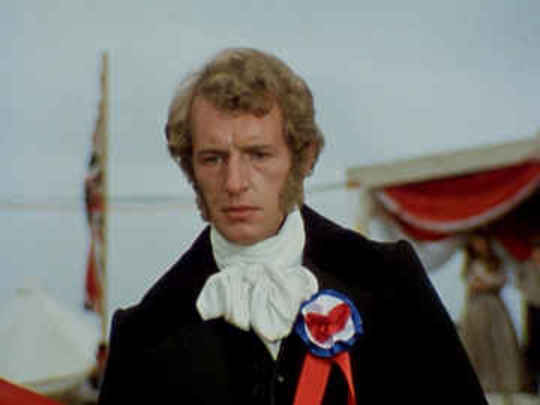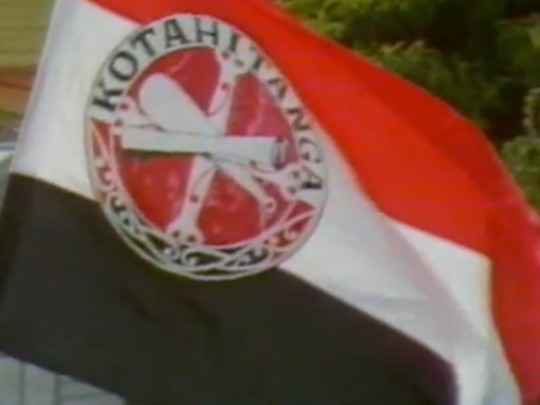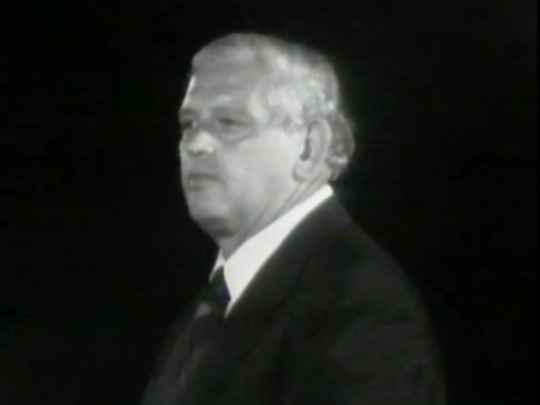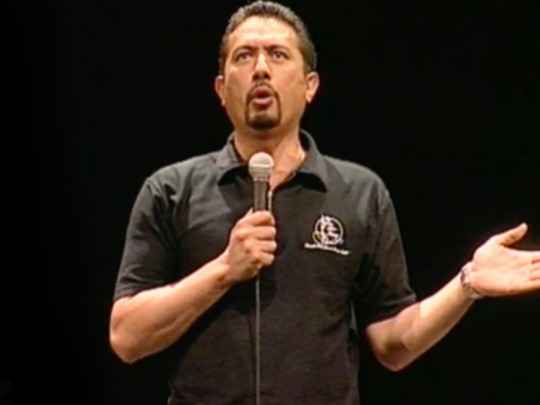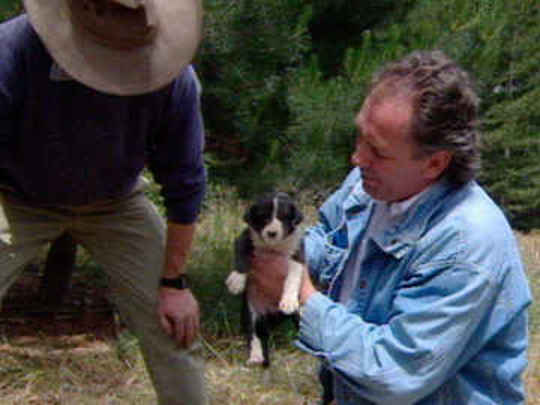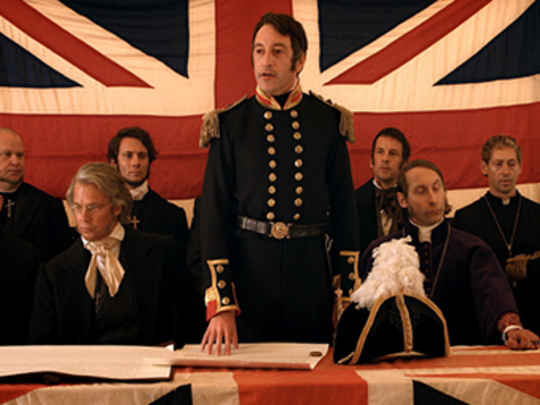Only the shadow of the land passes to the Queen. The substance stays with us, the Māori people.
– Te Pātū leader Nōpera Panakareao's much quoted line about the Treaty of Waitangi
...Very strange way of making peace. ... he paddled himself over on a small canoe, and told them 'there shall be peace, or I’ll kill the lot of you.' Now he was that kind of christian.
– Ngapūhi kaumatua Pat Hohepa describes how 'Peacemaker' Mohi Tāwhai once arrived with cannons on canoes to make peace, early in this episode
The missionary role was critical, because he [William Hobson] had the help of three prominent Protestant missionary leaders. But the evidence is that where missionary activity was very strong around the country, signatures were forthcoming. And where there was almost no missionary influence, there was almost no signatures.
– Author Robert Considine on the relationship of missionaries with Māori leaders being influental in Māori signing the Treaty
We are still here. We own most of this land. We own the mountains, going right back to Waipoua. We have claims on that side, which was wrongly taken — 23,000 acres —and those will come back We have a legacy of knowing who we are....
– Professor Pat Hohepa on the legacy of signing the Treaty, early in this episode
On February the 6th 1840, 43 Māori leaders put their names to the Treaty of Waitangi. But 43 signatures weren't enough for Hobson to claim sovereignty over New Zealand. He needed more chiefs to sign, so it was time for the treaty to hit the road.
– Presenter Mike King, at the start of this episode
Getting around New Zealand in 1840 was difficult and hazardous. Lieutenant-Governor William Hobson was in for a rough ride — and in more ways than one.
– Presenter Mike King jumps on a horse, at the start of this episode
We are not willing to give up our land. The land is like a parent to us. We obtain all things from it. The land is our chieftainship. We will not give it up.
– Te Taonui, one of those who spoke during eight hours of debate at Māngungu on 12 February 1840, as quoted in Claudia Orange's 2020 book The Treaty of Waitangi - An Illustrated History, page 44
For me, it's a chance to reflect on the role my tupuna, the well-known Hokianga chief Mohi Tāwhai, played in this hui.
– Presenter Mike King watches commemorations of the treaty signings in Māngungu, near the start of this episode
It was here on the 12th of February that around 3000 locals, including 500 or so chiefs, assembled to debate the treaty. [William] Hobson didn't know it, but he was heading to a showdown at the OK Corral. You see Hokianga chiefs were suspicious: they'd had a lot of dealings with European traders, and they'd learnt the hard way: always be wary of Pākehās bearing gifts.
– Mike King on treaty discussions at Māngungu on 12 February 1840
More signatories were obtained at Māngungu than any other place in throughout Aotearoa.
– Local children recreate the signing of the Treaty of Waitangi at Māngungu
Coming here is a chance for me to return to my roots. This is the land where my great great geat grandfather walked and breathe; loved and fought five generations ago: the Waimā Valley.
– Mike King visits the land of his tupuna, Hokianga chief Mohi Tāwhai, early in the episode
Here in the North, a set of escaped convicts and dodgy characters congregated in big numbers on the Hokianga River. They didn't like Hobson or his treaty. And they were about to stir up trouble.
– Presenter Mike King describes anti-treaty Pākehā like Jack Marmon (aka Cannibal Jack)
